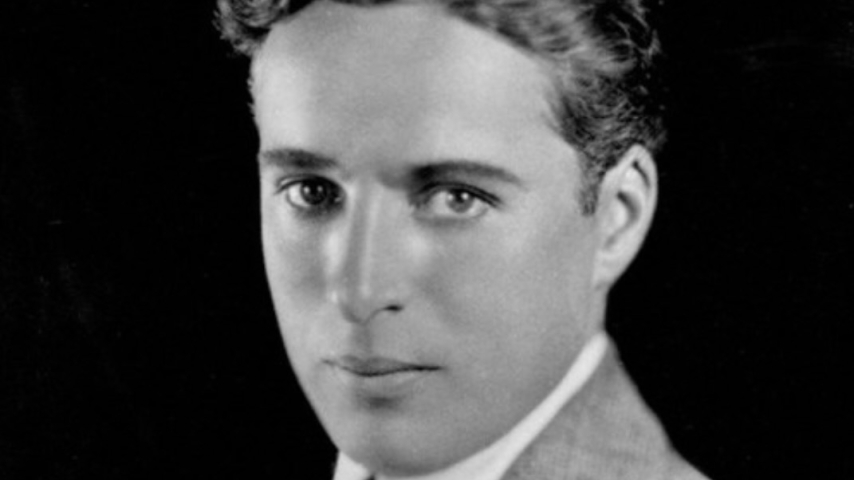
Photo credits: IMDb. Charles Chaplin.
As the world commemorates the birthday of Sir Charles Spencer Chaplin on April 16, we remember not only the legendary figure behind the iconic “Tramp” but also the man whose vision and talent helped define the language of cinema. Although his most well-known connections include Hollywood and Switzerland, Chaplin’s influence reached every corner of the world — including the Riviera, whose spirit of artistic freedom and elegance mirrored his own.
Charlie Chaplin’s extraordinary life and career — a tribute to the man who made the world laugh and think at the same time.
From Humble Beginnings to Global Fame
Born in London in 1889, Chaplin grew up in poverty. His early life was marked by hardship, including time spent in workhouses after his mother’s health declined. But by the age of 10, he was already performing in music halls, and by his twenties, he had joined a vaudeville troupe touring North America.
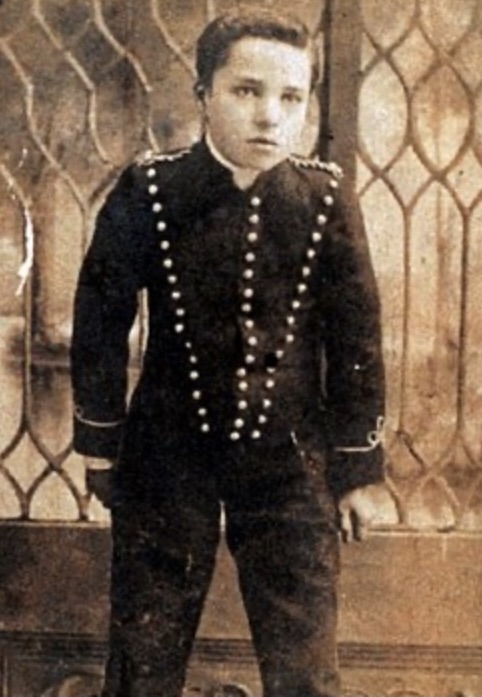
Photo credits: IMDb. A teenage Charlie Chaplin in the play “Sherlock Holmes”.
In 1914, he made his film debut in Making a Living, but it was his second appearance in Kid Auto Races at Venice that introduced audiences to the “Tramp”, a bowler-hatted, cane-twirling, mustachioed character who would soon become an international icon.
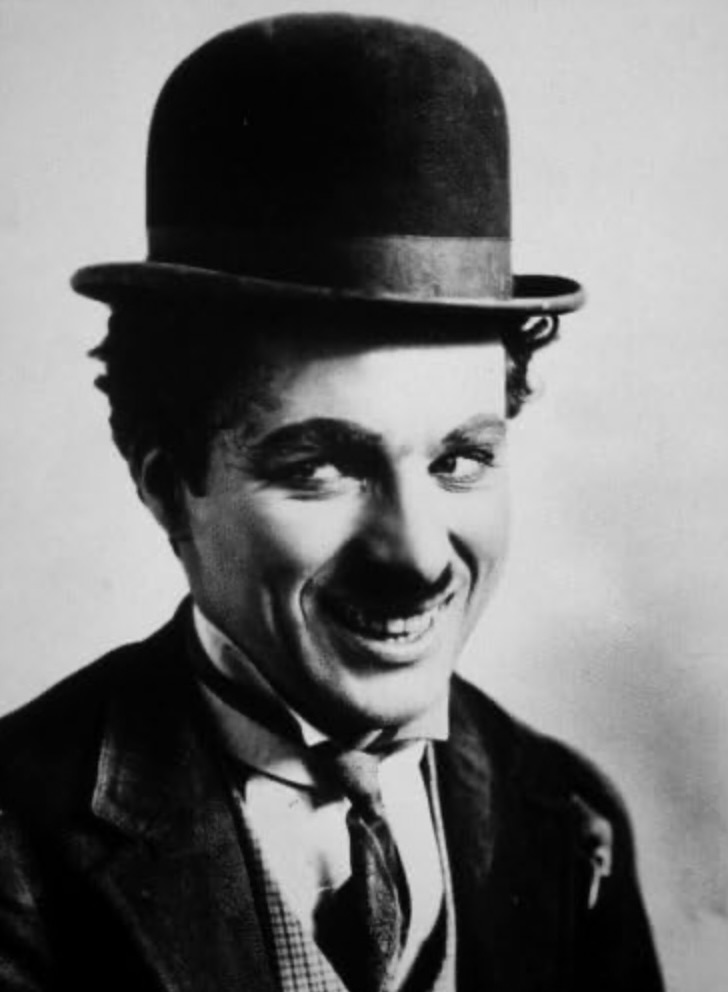
Photo credits: IMDb. “The Tramp”.
A Master of His Craft
Chaplin wasn’t just an actor. He was a director, writer, producer, editor, and even composer. He had complete creative control over most of his films and frequently composed the musical scores himself — including the timeless tune “Smile,” which originated in his 1936 film Modern Times.
He brought unprecedented emotional depth to comedy. In The Kid (1921), Chaplin blended laughter with heartbreak in one of the earliest films to mix comedy and drama seamlessly. His innovation laid the groundwork for generations of filmmakers.
An Artist with a Voice — Even in Silence
Although the film industry was swept by the arrival of sound in the late 1920s, Chaplin famously resisted the shift. His 1931 masterpiece City Lights and Modern Times in 1936 were both largely silent but incorporated sound effects and music in clever ways. These films are now considered two of the greatest ever made.
Then came The Great Dictator (1940) — Chaplin’s bold first true “talkie” and a fearless political satire of Adolf Hitler. Delivered before the United States had even entered WWII, his closing speech in the film remains one of the most powerful messages of peace and unity in cinematic history.
Exile and Recognition
In 1952, Chaplin left the United States for a film premiere in Europe — and was informed that his re-entry permit had been revoked. Accused of communist sympathies during the McCarthy era, he was effectively exiled. Choosing not to contest the decision, Chaplin settled in Corsier-sur-Vevey, Switzerland, with his wife Oona and their children. There, he lived a quieter life but never stopped working. He continued writing and composing, and in 1972, nearly 20 years after his departure, he returned to the U.S. briefly to receive an Honorary Oscar — greeted with a twelve-minute standing ovation, the longest in Academy Awards history.
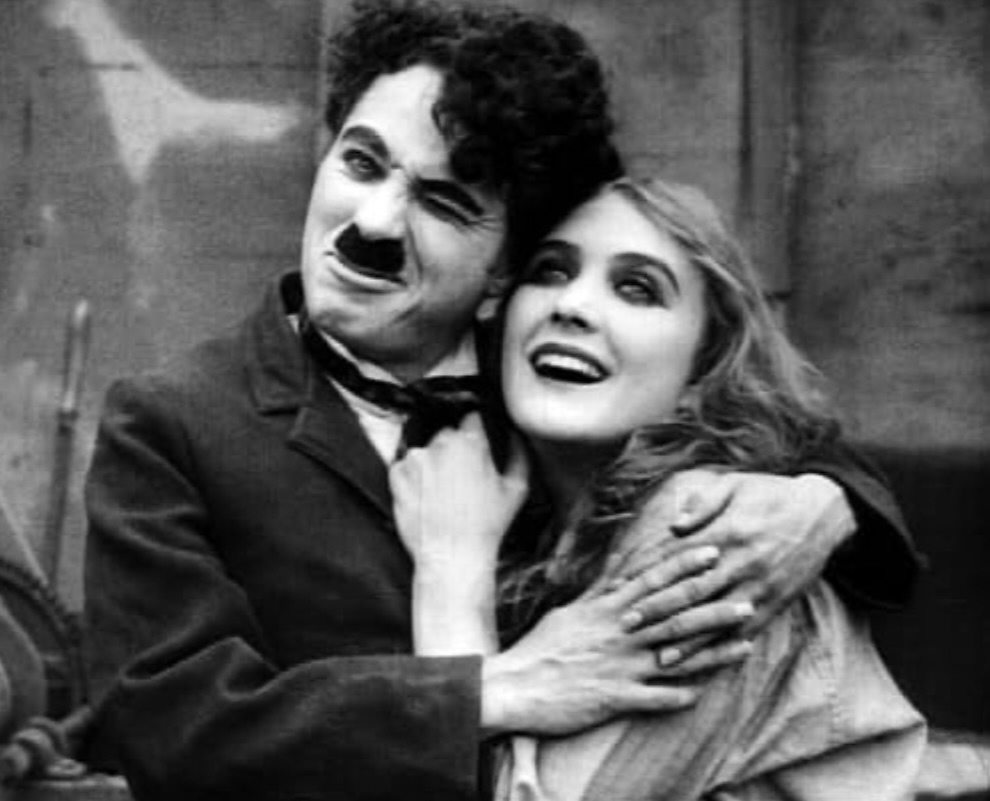
Photo credits: IMDb. Charles Chaplin and Edna Purviance in “Behind the Screen” (1916).
A Riviera Spirit
While Chaplin lived in Switzerland, his spirit was frequently drawn to the French Riviera. He vacationed and found peace at Villa La Fleur du Cap in Saint-Jean-Cap-Ferrat, just a short drive from Monaco. The elegance and tranquility of the region made it a favored retreat — a contrast to the intense fame he had experienced for decades.
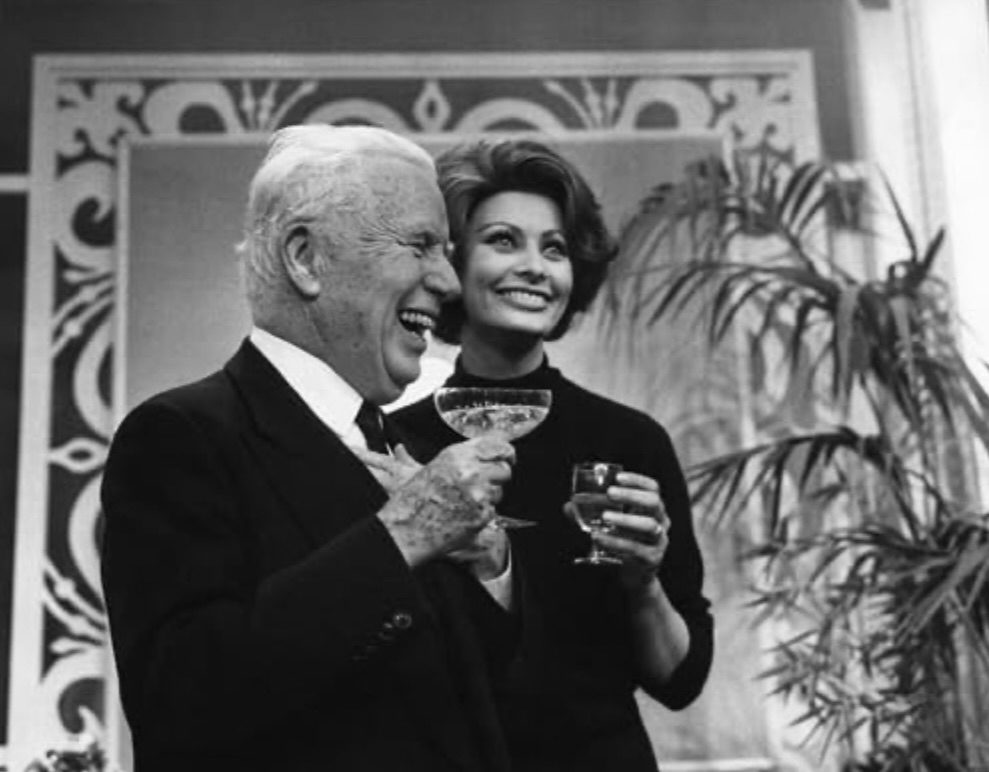
Photo credits: IMDb. Charles Chaplin and Sophia Loren in “A Countess from Hong Kong” (1967).
A Legacy That Lives On
Today, Chaplin’s former home in Switzerland is a museum — Chaplin’s World — and his influence continues to shape global cinema. From satirical masterpieces to tender human dramas, he left a legacy that remains as relevant in 2025 as it was in 1925.
As Monaco — a cultural capital in its own right — celebrates great art and history, we honor Charlie Chaplin not only for the laughter he gave us, but for his fearless humanity.
Happy Birthday, Charlie. The world still smiles with you.

